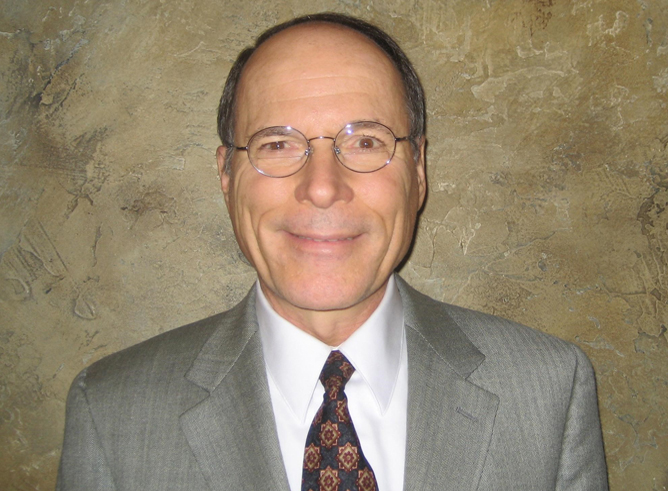
John Zorich is a firm believer in the power of statistics to improve products, processes and profits. As someone who has used it to help hundreds of clients ranging from large multi-national companies to Silicon Valley startups during the past 25 years, he knows firsthand.
In one of his most recent life-changing moves, Zorich has made a gift to the Department of Statistics at Texas A&M University to establish the John and Sylvia Zorich Industrial Statistics Workshop, an annual event intended to educate Texas A&M students and others who are interested in applied industrial statistics on the broad topic of reliability.
“My goal is to promote interest in careers that focus on statistics as applied to industrial settings — that is, not as applied to big data, such as clinical trials, survey data or census data, but rather as applied to research and development, manufacturing, engineering, process validation and quality assurance/quality control,” Zorich said.
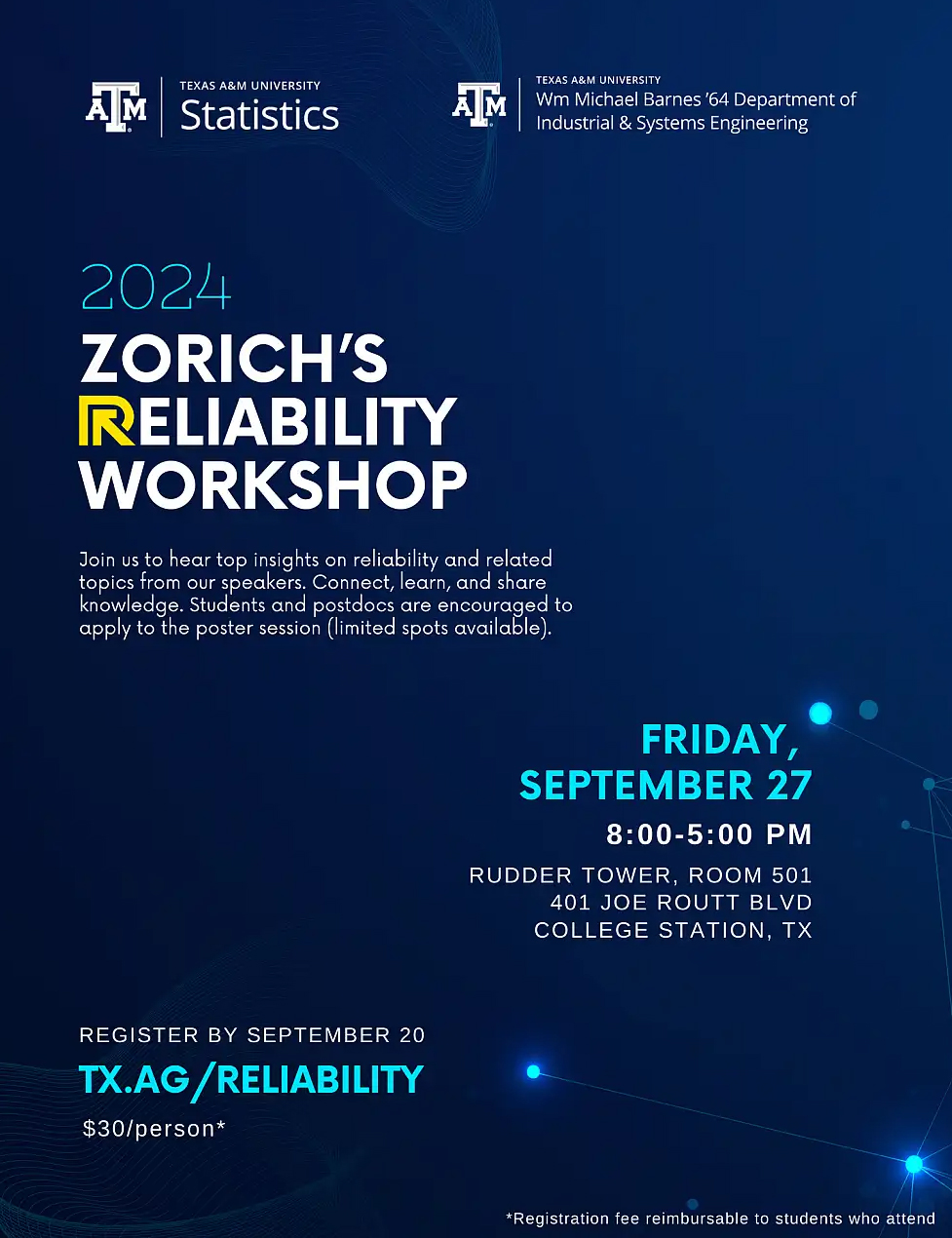
The inaugural Zorich's Reliability Workshop was hosted Friday, Sept. 27, in Rudder Tower by Texas A&M Statistics in collaboration with the Wm Michael Barnes ’64 Department of Industrial and Systems Engineering. The daylong event featured top insights on reliability and related topics from various faculty in both departments as well as a student poster competition and an address from Zorich detailing how his statistical analysis of so-called “little data” resulted in big savings for one of his many industrial clients.“Most companies don’t have enough statistical expertise,” Zorich said. “For example, some large medical device companies might have a whole department of statistics, but it’s primarily tasked with setting up and analyzing results of statistical trials, not for helping engineers.”
Dr. Brani Vidakovic, professor and head of Texas A&M Statistics, described the workshop as a nice bridge between the College of Arts and Sciences and the College of Engineering as well as an exciting opportunity to showcase the methodology of science in the function of engineering, courtesy of Zorich and his generosity.
“Our profession is fortunate to have statisticians like John Zorich,” added Vidakovic, inaugural holder of the H.O. Hartley Chair in Statistics. “He brings a wealth of energy and knowledge about statistical consulting. His insistence that statistics should be impactful helped shaped this workshop to be both practical and educational.”
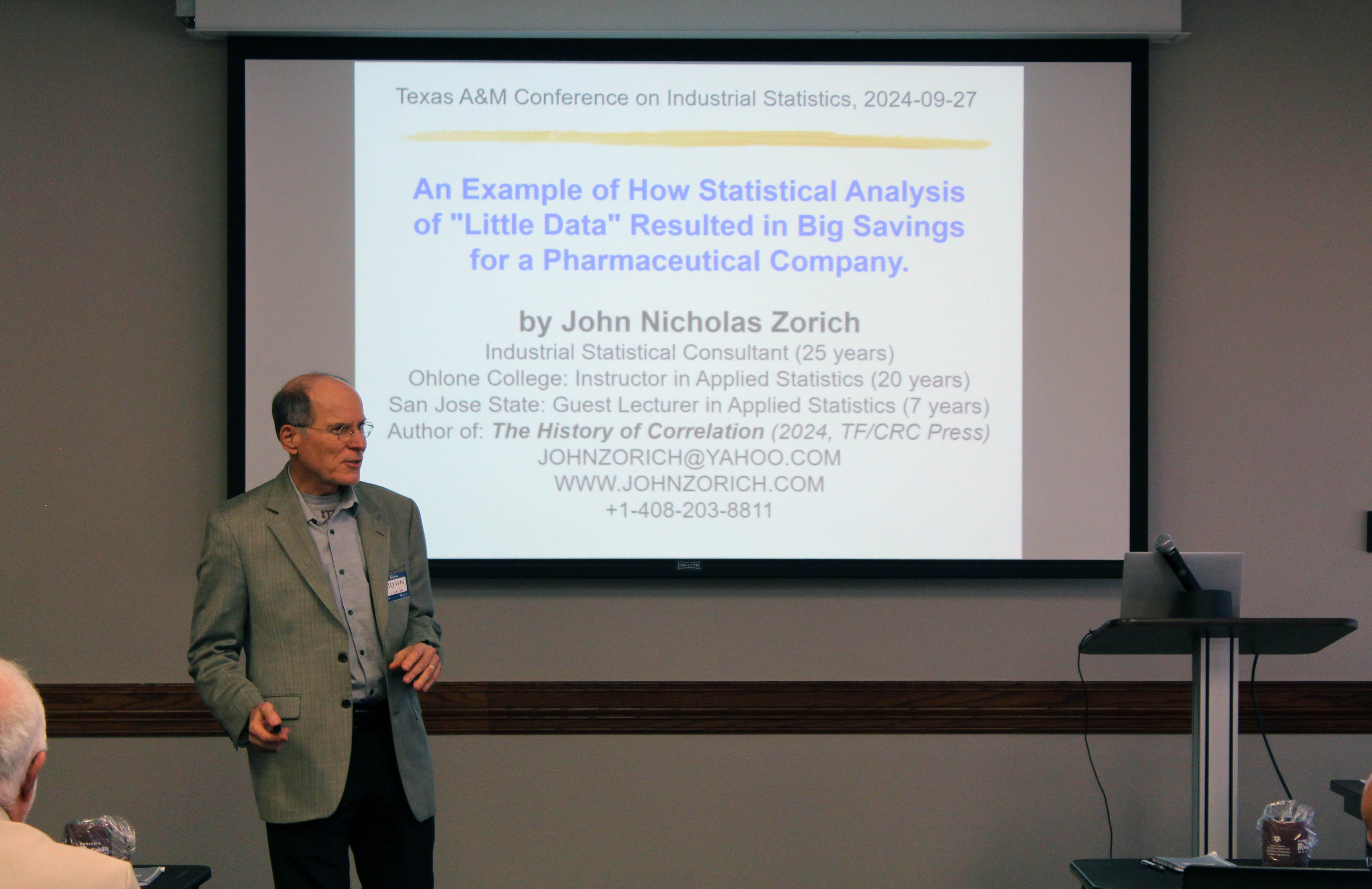
Searching For Impact
Zorich’s decision to support Texas A&M Statistics and future applied statisticians began in the most basic of ways — an internet search.
“I started out trying to find a way to make an impact through academia by exploring my options online,” said Zorich, who grew up in California but now lives in Houston. “The fact that Texas A&M has a Statistical Consulting Center and courses and certificates in applied statistics appealed to me, as did the fact that I could find them online, which was not true of other places.”
Another selling point for Zorich was Texas A&M’s national reputation and proven strengths in applied statistics teaching, research and service, in addition to willingness to focus on the kind of statistics he’s interested in: little data and its relevance to reliability.
“Industrial statistics helps to make sure things work the way they are intended to work,” Zorich said. “When it comes to something like the strength of a catheter, for instance, the only way to test it is to break it, which means only a sample of each lot is tested — thus, the need for statistical analysis.”
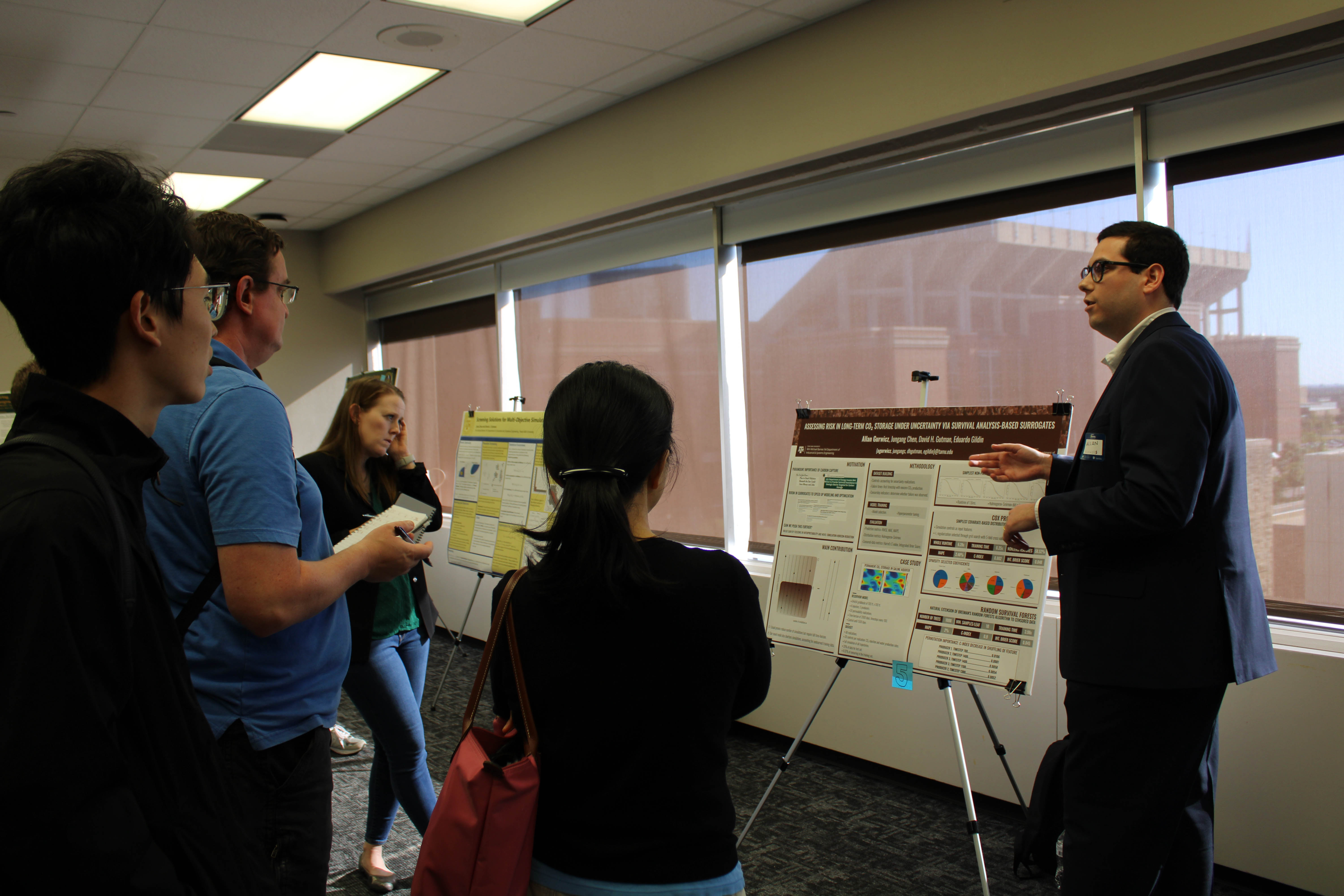
Reliability means a number of different things to Zorich, most of them related to medical device products on the basis of his industrial consulting experience. On one hand, it can mean how a long a pacemaker will last once implanted in someone’s chest. On the other, it can mean how many hours a piece of equipment — say, a pump used to circulate blood through a heart during surgery — can work without breaking down.
“If you make a thousand catheters that have to go into the body, up to your heart and back, how many will work without the junctions malfunctioning?” he explained. “Statistical calculations can tell you what percentage of catheters would fail during use, which determines their reliability. Or say you buy a part — something that goes on the end of a catheter, a critical piece that needs to be the right size. What percentage of the batch are within specifications? Reliability encompasses all of these things.”
Trajectories & Turning Points
Zorich’s vast knowledge of medical devices comes by experience, notably 20 years working in Silicon Valley’s biotechnology industry after earning his bachelor’s and master’s degrees in botany at the University of California before making the switch to — and his name in — statistical consulting in that industry.
“In Silicon Valley, when someone says they recently became a consultant, it means they recently got laid off,” Zorich mused with a laugh. “So, in truth, that’s what happened in 1999 to me and what led me to my consulting career.”
That turning point led him to rediscover an interest in statistics that had begun with a couple of classes in graduate school, then turned into a quarter-century-and-counting career in applied statistics as a consultant, instructor and software developer for myriad clients in the medical device, biologics and pharmaceutical industries.
With the exception of those two courses in graduate school, Zorich’s knowledge is all self-taught. Somewhere in the educational process, Zorich simultaneously learned something about himself: He’s a pretty good teacher.
“There has always been an applied or practical focus in my medical and biomedical work,” he added. “What I would teach was what I found was useful for my clients. I’ve always had a skill for it.”
Zorich has since developed a 21-hour course in applied industrial statistics for Ohlone College and is an annual guest lecturer in applied statistics at San Jose State University. In addition to doing for-profit teaching for a variety of companies, he has served as the in-house subject-matter expert in statistics for one of the European Union’s medical-device Notified Bodies for the past 10 years. He also has designed statistical application software programs that have been purchased by more than 140 companies worldwide.
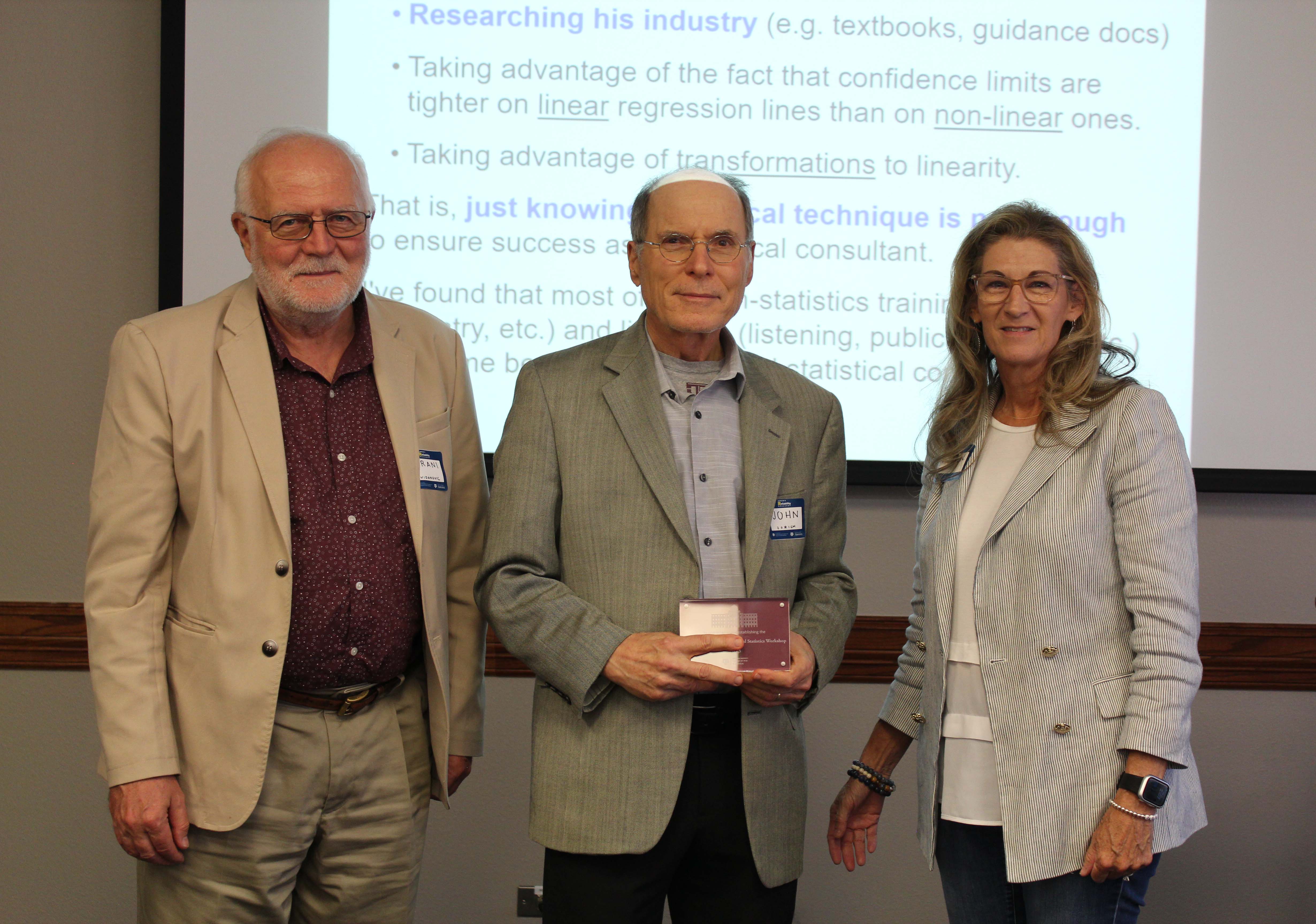
The Write Stuff
In recent years, Zorich has published three papers on aspects of teaching statistics as well as a paper on how to extend the shelf-life of pharmaceuticals simply by improving the statistical method of calculation.
“I feel very passionately that the more people in industry there are who know something about statistics, the more successful the company will be,” Zorich said. “If statistics were applied more correctly in general, then employee stock options would be worth more.”
December will mark the publication of his first book, “The History of Correlation,” which is based on 30 years of related research that he distilled into draft form during the COVID-19 pandemic.
“I started reading about the history of statistics and mathematics in the early 1990s,” Zorich said. “Along the way, I started getting interested in the word ‘correlation’ after noticing different definitions for it that were confusing. So, I decided that someday, I’d write a paper on it. Then the COVID lockdown happened, and I thought I’d start writing a book instead. After four years of writing and 20 rejections by publishers, the 21st publisher said ‘yes.’”
Such perseverance has paid off for Zorich time and again throughout his career, as has his ongoing pursuit of new knowledge and not being afraid of the unknown.
“Most people are uncomfortable being uncertain,” Zorich said. “Knowing statistics has made me extremely comfortable with uncertainty.”
Donors Are The Difference
To learn more about funding scholarships, fellowships and other opportunities that help students reach their full academic potential, please contact our development team.

